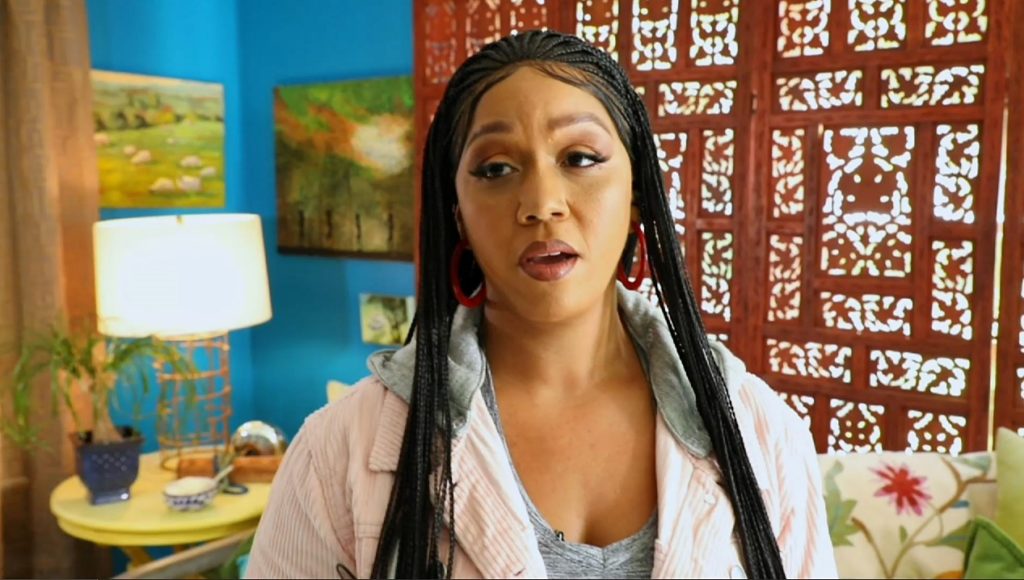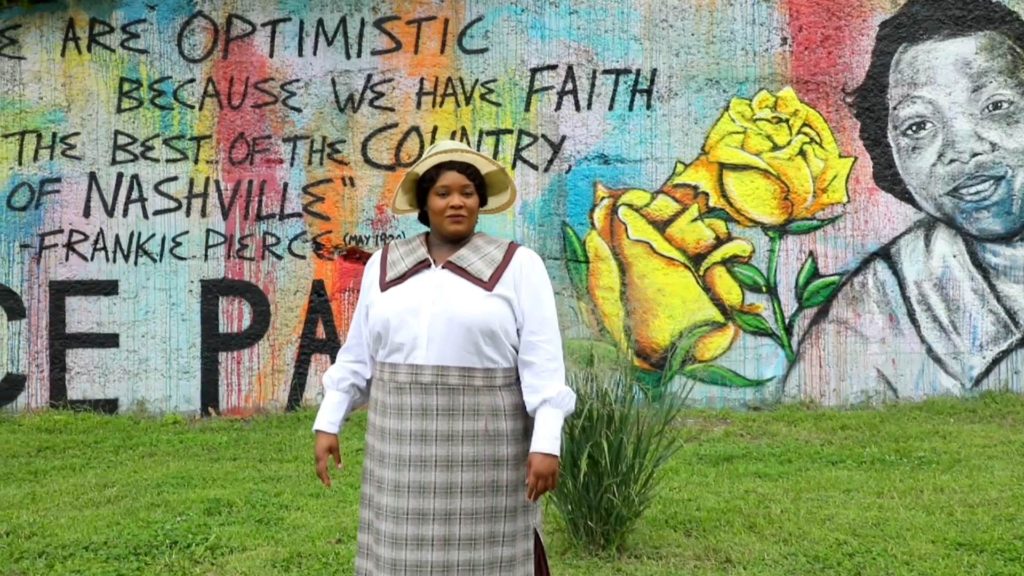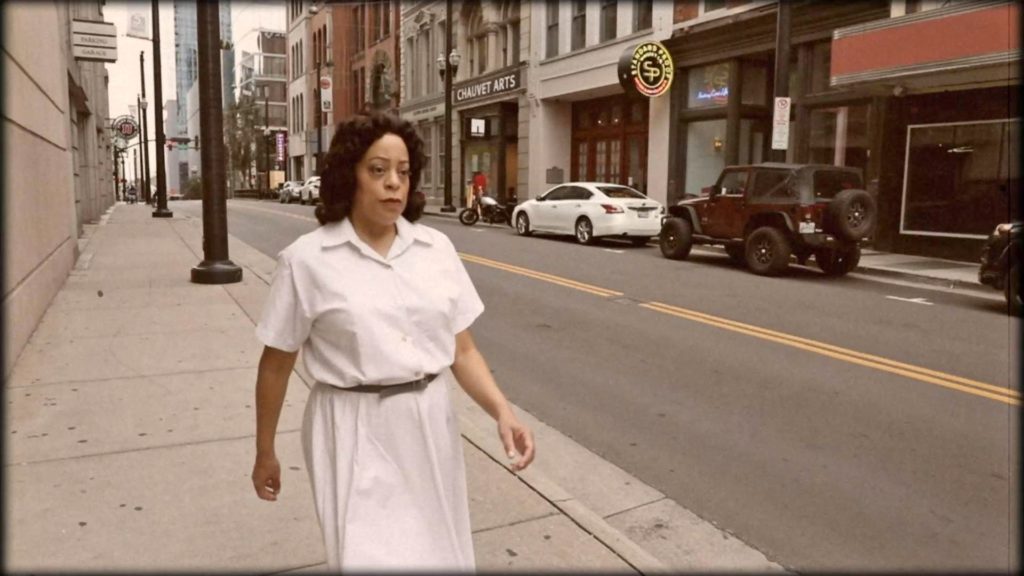Nashville Opera
One Vote Won: A Streaming Must-See
Ask anyone from six months ago what they’d be doing right about now, and I’m sure it would be far different from what we’re pulling off now. For musicians, composers, actors and actresses, artists, and admin, this current cycle in the thing we call life is a weary one. Couple this reality with tense race relations and ever-increasing inequity, and it’s as if the world may never recover. While many seek a return to the status quo, the Nashville Opera is taking a different approach. With One Vote Won, the company is rightfully meeting the moment we face as a society. Composed of diverse musicians and a cast that encompasses some of the best talents in Music City, with varying musical excellence and acting to boot, the virtual premiere of this work by composer Dave Ragland is significant. This year has brought lots of surprises, for better or for worse. That said, this premiere is the best surprise to rise from the ashes of 2020. Composed by Dave Ragland with a libretto by Mary McCallum, One Vote Won is a work that brings together a brilliant Nashville cast in a unique and inspiring way.

The opera begins by introducing us to Gloria (Tamica Nicole), a contemporary woman whose character we gradually become familiar with as the work progresses. A sharp mix of humor, wit, and powerful composition, the beginning introduces us to Gloria’s world, as well as her thinking. She’s discouraged with the state of things, and frankly, who isn’t these days? We see a character that strays from the prima donna we’re used to seeing in many operas. But what’s unique about Gloria is that very fact – she’s relatable, funny, and Tamica Nicole flawlessly encapsulates this personality through incredible prose. From the impressive leaps and overall melodrama, Gloria is a character with dazzling range and passion (for Disney+ and Hulu, that is).
“People sleeping in the streets” begins our next sequence, as Gloria takes a walk to clear her head but can’t keep from focusing on these stark truths in plain sight. A reality that one would think was from the pen of a composer in less fair and less equal times. Gloria is one that Ragland and McCallum can paint so eloquently – a woman who is independent and questions so firmly the possibility of change. 2020 is a year when it’s easier than ever to become demoralized. But just as we look back on Mozart and Beethoven to conjure a picture of the hardships they lived, so future generations will too with works like One Vote Won. Will we confront the past and change for the better? Gloria isn’t convinced, and as these opening scenes in particular point out, change is long overdue.

As the story continues, we also become familiar with two titans of progress. These two women are having a field day in Gloria’s mind, as she fails to block them out as they shout, “go vote!” The identity of one of these hidden figures is then revealed as Juno Frankie Pierce, played by the incredible Jennifer Whitcomb-Oliva. Frankie Pierce, born to a house slave, was the only African American to address the May 1920 state suffrage convention held in the Tennessee House chamber, and ultimately was the founder of the Tennessee Vocational School for Colored Girls. Whitcomb-Oliva brings life to Frankie Pierce in a way that urgently recounts her history. “What if one woman decided not to vote?” Pierce pleads her case to Gloria. The range and dictation in the two character’s recitative as Frankie Pierce plays devil’s advocate is flawlessly executed, even with the actors and musicians not filming together for social distancing purposes. Gloria exclaims that even years later, we’re still fighting, and she keeps pressing the fact that her voice doesn’t matter. Again, the opera focuses on subject matter that can feel close to home for so many. There are pronounced nuances to the composition in-turn, such as how the libretto carefully intermingles with the tone-poem style playing of the stripped-down orchestra.

Despite Pierce recounting her history to no avail, the audience then discovers the second voice in Gloria’s head. Diane Nash, portrayed by Nashville’s own Brooke Leigh Davis, was a crucial figure in the civil rights and antiwar movements from 1959 to 1967. She was instrumental in the desegregation of Nashville’s lunch counters and also heavily involved with Martin Luther King Jr.’s peaceful protests as well as the Freedom Rides. Most notably, Nash is still alive today, a sheer reminder of how close this history still is to our modern times. The biggest challenge of acting a character that is still alive and making it a success is all about the authenticity and realness you can bring to them. As with the rest of the cast, Leigh Davis is a mighty singer and is not ashamed to hold back, ultimately providing that much more interest and color to this work as a whole. An important quality, especially for an opera that cannot premiere in person. While Nash is still from a different era than our contemporary Gloria, the viewer can tell that Nash is still just as relevant today as she was then. Nash paints her history with a brush that consists of dynamic vocals accompanied by intense passages performed by musicians Shelly Blair, Cremaine Booker, and Konson Patton.
The scene briskly pivots to tell of how Nash proudly led many Nashville sit-ins and ultimately confronted the local mayor, Ben West, to convince him to desegregate lunch counters. Still, even Nash’s bravery and sacrifice told through intriguing cut-scenes offer no success. In spite of Pierce and Nash being ghastly opposed to Gloria’s thinking, Ragland is still able to open a window and intrinsically show why she feels this discouragement. This sentiment felt, frankly, by many African Americans across the United States. “To be oppressed, you have to agree,” exclaims Nash, right before the audience is whisked again into one of the most powerful and arguably most musically fascinating scenes of the work.
The last few minutes shift to a tour-de-force of all three women contending with jazzy undertones and the most epic libretto of the piece. At last, Gloria’s tone has changed. As she recites the names of black people that have died at the hands of police violence, she ultimately convinces herself that the change that’s needed is too crucial and not worth dismissing. Through the scenes prior and with a final beautiful duet, Frankie and Diane show Gloria how change can happen through many different means, and ultimately her vote is a good start.
As arts organizations across the country and the world reckon with a past that has excluded and marginalized certain groups, it is new and relevant works such as One Vote Won that is needed more than ever. Despite all of its faults, art has a history of adaptation that progresses because of this age-old notion of creating new and meaningful things that impact our lives. That said, recording and streaming an opera that is live-sung is no easy feat. Streaming, of course, also brings with it a multitude of technicalities that could further alienate viewers. Nevertheless, seasoned Nashville Opera listeners expect this forward-thinking attitude from the company. But it begs the question, will the opera reach its intended audience that it means to persuade? Is this the sign of an industry that’s ready to change and confront its past while moving towards a brighter future that is more inclusive and aware? One Vote Won is smart, epic, and meets the moment in a way unique to Nashville Opera. “It’s time to make a change” ends the piece. Indeed time will tell what the future brings, but as Dave Ragland’s incredible work points out, change starts with you. And me. And them.
Subscribe, Comment or Share below!


